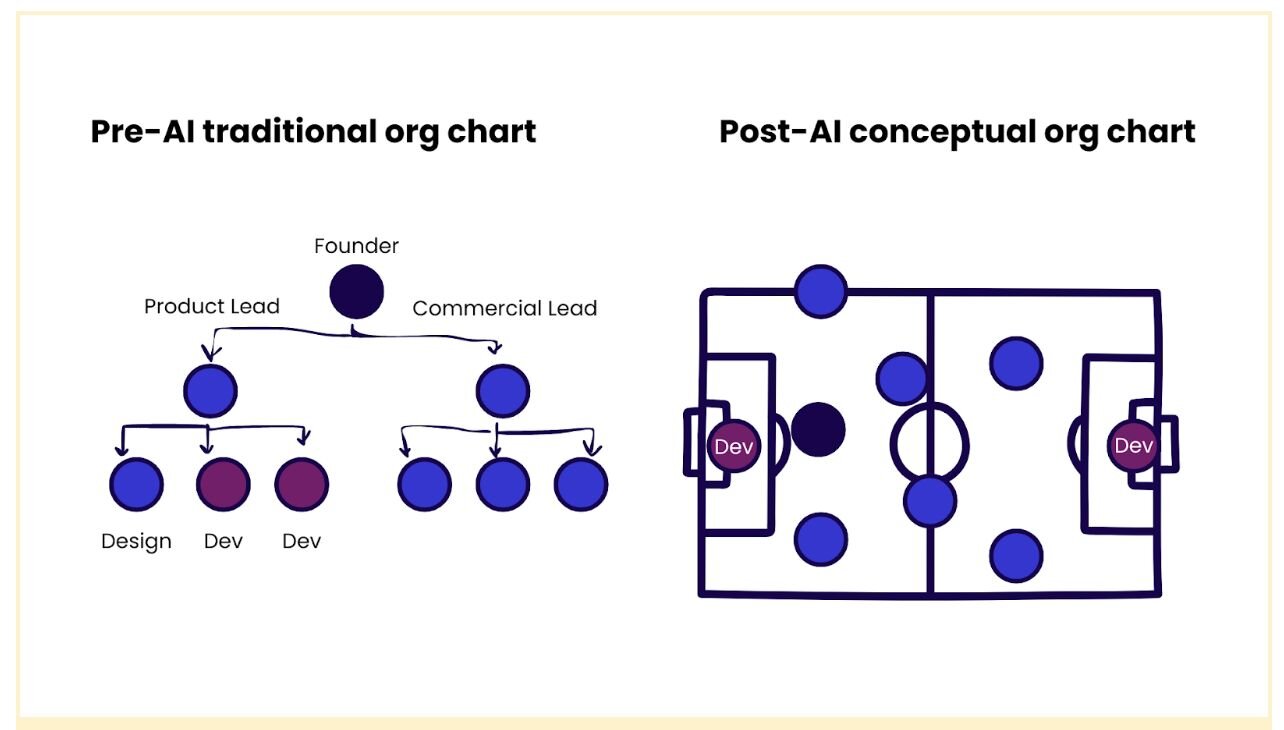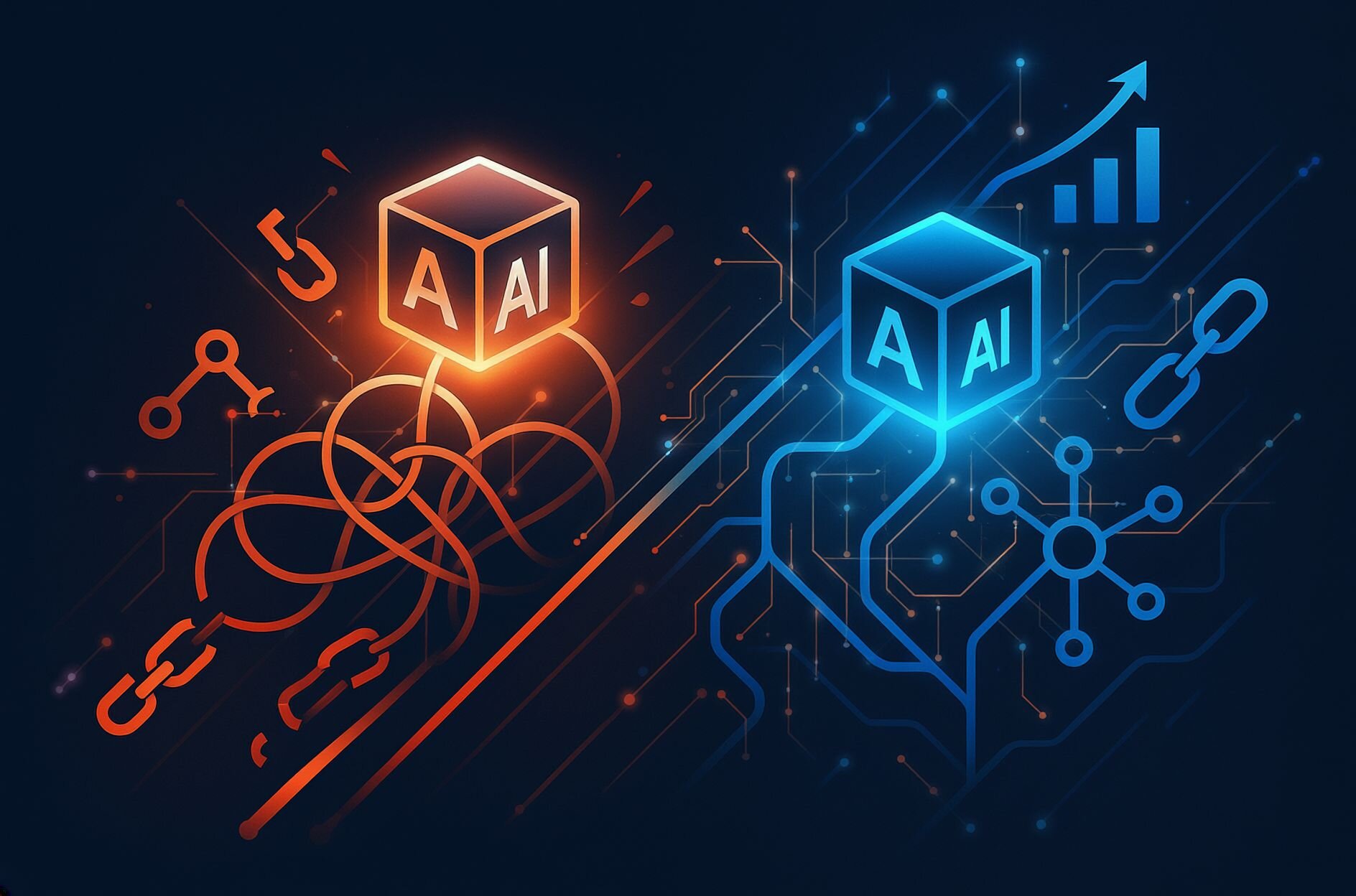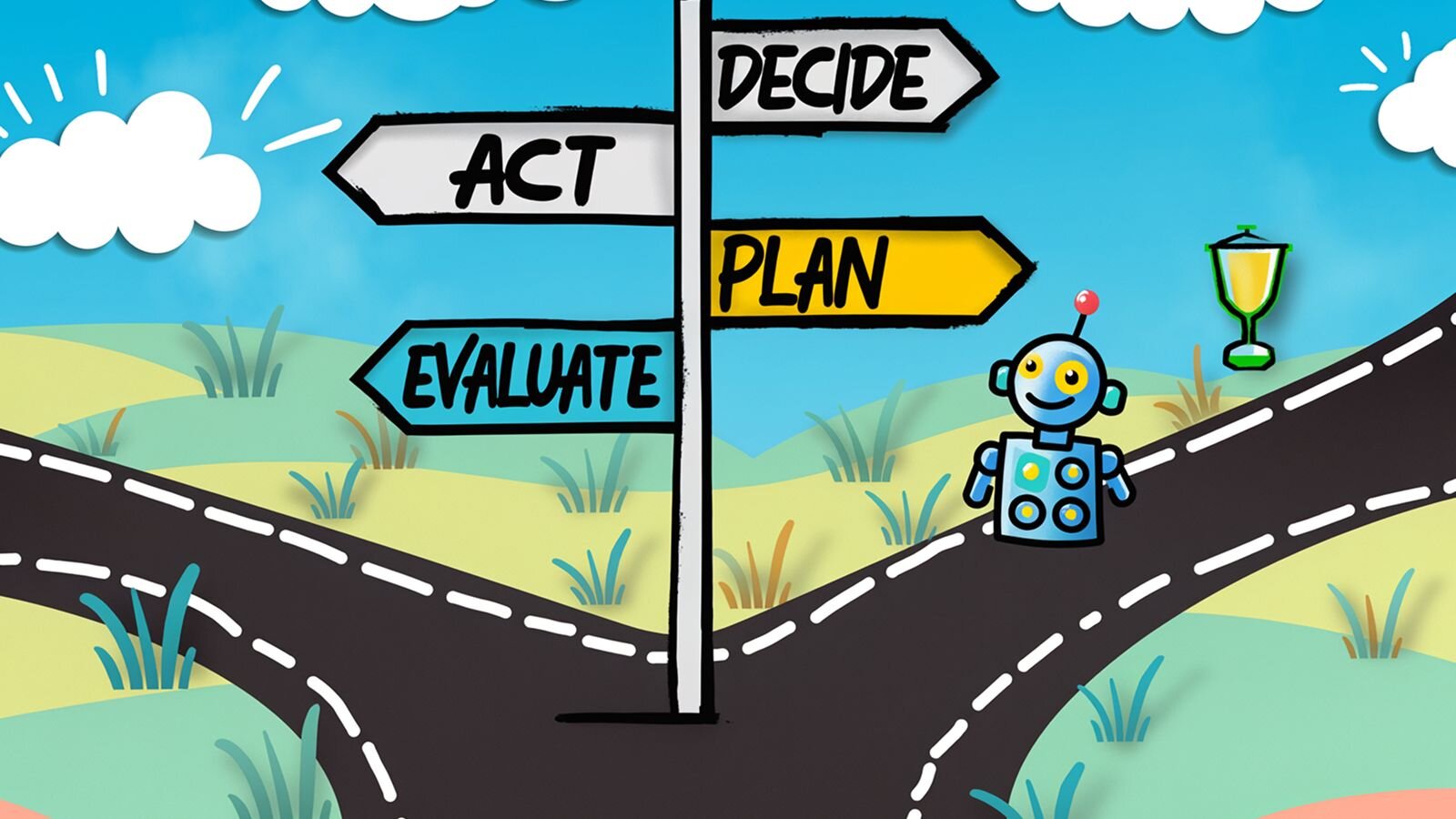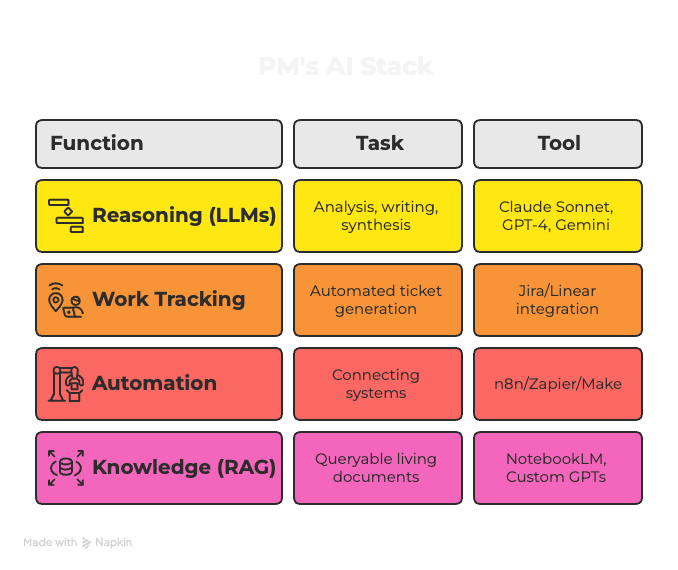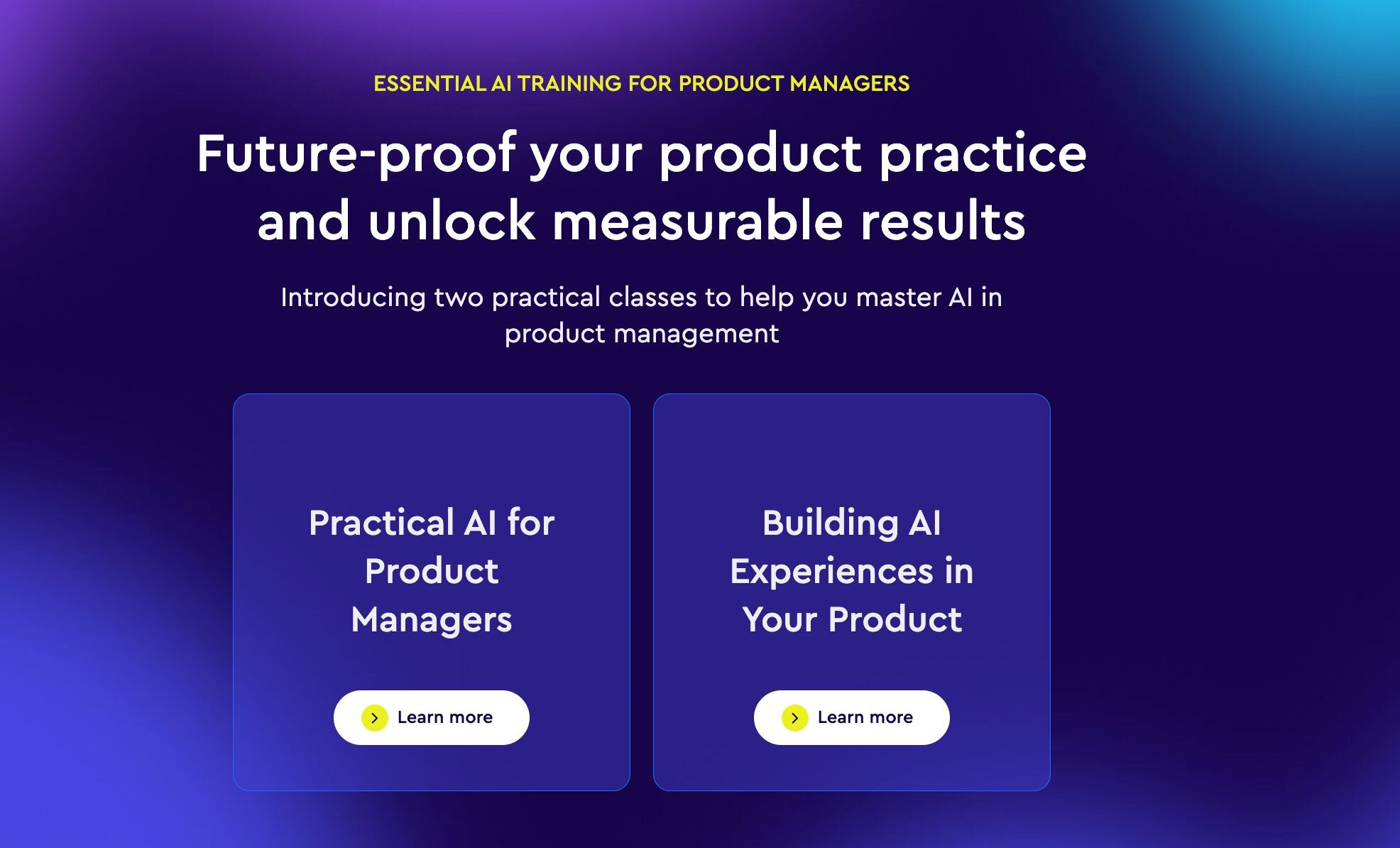Product must lead the AI initiative
Amidst the AI introduction, it was Todd Olson, CEO at Pendo, who claimed that product managers must lead the charge in this new era. He cited a claim by global consulting firm McKinsey & Company, that AI could soon add between $2.6 trillion to $4.4 trillion to our global economy annually.
However, despite this, he emphasized that AI is not a shortcut, but a tool, to build great products—the core mission of product managers remains the same, to solve customer pain. He added that the 'Jobs to be Done' (JTBD) framework is a guiding principle to understand users deeply. Then, you can understand what issues your new AI features can serve.
This customer-centric approach is a key strategy being deployed by Lufthansa Group’s Digital Hangar, a new product-focused arm for the German airline driving its digitisation. Sebastian Riedle, managing director and chief product officer for the group, pointed to several AI efforts to make travel more seamless for customers and to drive efficiencies for pilots and staff.
Teams at Lufthansa have used AI to optimize rotation of aircraft and to predict the next best action for flight attendants to please customers. Computer vision technology now provides real-time passport and aircraft analysis. They’ve implemented AI inside customer-facing apps to resolve customer complaints and provide reimbursements, cutting response times from days to hours. Chat assistants are used to understand what customers need and provide fitting answers, often faster than humans. All of these efforts come down to solving the customer’s pain while travelling.
Citing Sarah Guo of the venture capital firm Conviction, Todd laid out a phased approach to leveraging AI in your products:
- Add GPT to surfaces: Infuse large language models into various touchpoints.
- Automate workflows: Streamline and enhance existing processes through automation.
- Replace workflows: Revolutionize traditional workflows with AI-powered solutions.
- Do the work for our customers: Shift from aiding to leading, making AI an active influence on customer experiences.
A similar message resounded throughout all sessions – focus on the fundamentals of product management by asking, ‘What problem are we trying to solve?’ Additionally, Todd explained in his talk “Find the golden use case to build long-term success with AI”, that using the first-party data that you have at your disposal is key.
AI predictions for the future
As the day unfolded, a series of AI predictions unfolded, in a fireside chat with Alexandra de Vigan, Founder and CEO of nfinite, and Daniela Braga, Founder and CEO of Defined.ai, moderated by host Sonya Barlow, listed what they expect to occur in the near future:
Code for all: A vision where those unfamiliar with coding could create a language bridging the gap to code.
Empowering non-technical professionals: Anticipating a future where non-technical professionals have more involvement with AI initiatives.
Voice and text interaction: The rise of voice and text-enabled interactions shaping how we work, such as 24/7 chat assistants.
Transformation, not replacement: AI would not replace but fundamentally alter the landscape by creating tools to work and collaborate more efficiently.
Embracing exploration and failure: We are at the beginning of an explorative journey around AI. The near future looks a lot like today: experiment with AI and embrace failure as an integral part of progress.
Additionally, Peggy Johnson, the recently departed CEO of Magic Leap, shared how the future of personal computing will be spatial computing using AI. She explained how we will be able to work as we move through our world. She calls it "a heads-up view of our world again." Using augmented reality glasses, the digital content will be where and when we want it – for example, you could have a technical conversation with a 3D image in front of you instead of searching on your phone for information. Devices (glasses) need to be smaller, lighter, and cheaper for people, and that’s when adoption will grow.
Generalists in a world of AI specialists
Amy Challen, head of AI at Shell, in an interview with Mind the Product, stated that despite the need for technical teams, critical thinking and soft skills are just as imperative to build AI tools and products. “We need generalists and decision makers to make rational decisions and conclude why we are introducing new AI features. In a world where every professional is becoming more specialised, generalists are even more imperative to add value to products.”
As organisations continue to evolve in the wake of AI. The lesson from product and business leaders is clear: focus on fundamentals, solve user pain, find your golden use cases, and focus on critical thinking to find long-term success in AI and product innovation.
Stay tuned this week for more takeaways from Europe’s largest tech conference.


